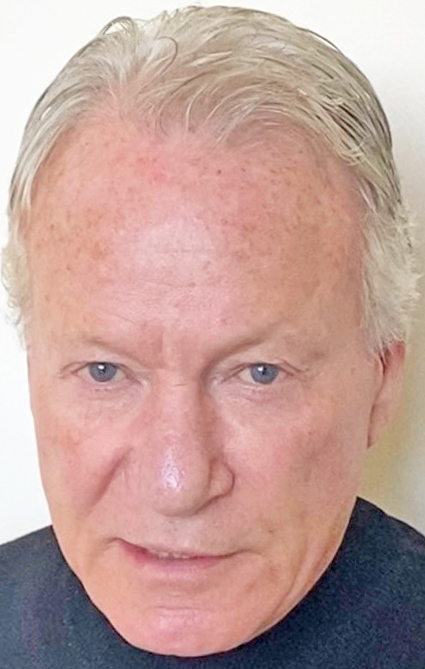As you read in last week’s Voice, Fairfield Electric Coop has filed a lawsuit against Central Electric Power Cooperative.

Since Fairfield Coop was established in 1939, we have distributed electricity generated by Santee Cooper and coordinated by Central Electric with whom all the Coops have a purchase power contract. We paid the wholesale price from Santee Cooper plus an additional administrative cost charged us by Central Electric.
The relationship was straightforward and worked well under the original concept without many serious conflicts. The cost of energy was relatively cheap and the Coops had little disagreement with the source of the power that was generated. We enjoyed low rates for our members.
However, in 2013 everything changed for the Coops.
Without any language that would protect the Coops, our basic purchase power contract with Central Electric facilitated Santee Cooper in its effort to construct two new nuclear reactors in Jenkinsville that, unfortunately, were never completed. The terms of this coordination agreement required the electric Coops to repay 70 percent of the $5 billion loss from the reactors, even though the reactors would never generate electricity.
In an effort to mitigate the losses we are currently operating under a rate freeze agreement for two more years with Santee Cooper. However, we are not pleased that it has been reported cost of the wholesale power provided by Central Coop is the highest in the nation.
To complicate matters further, the Coops have been informed that we will be responsible for payment of the nuclear financial losses regardless of where we acquire our future electricity. If we buy less from Santee Cooper, they will have no choice but to charge us more for the power that they provide to us from existing facilities.
In response to this financial fiasco, and with little options for our local Coop, Central Electric plans to evolve its business model from the traditional coordinator of electricity into a new concept of a portfolio manager that will control all energy provided to the 20 Coops.
Central’s proposed new business plan will be approved by a simple majority vote of its existing board of trustees which is made up of representatives of all the local Coops.
Central has already begun the process of doubling the asset ratio as a prerequisite to unilaterally acquiring more debt in the event they decide to build electric generation owned by themselves. They have acquired new opt out possibilities from Santee Cooper for themselves, but they will not allow the Coops to exercise a similar option, even if it could be provided by another supply at a lower cost.
In addition to these new obligations, the proposed business plan will exercise total control of all new energy, solar installations, electric vehicle charging stations, and battery storage technology that could be utilized in the future to lower our cost to our local Coop.
Under the proposed business plan, Fairfield Electric will not be allowed the flexibility to obtain power from any source other than Central, even when it may become available at a lower cost. Our primary function would be to perform distribution line maintenance and revenue collection that would be forwarded to Central Electric.
Currently the State of South Carolina has oversight authority of Santee Cooper. In contrast, Central Electric Power Cooperative will only be accountable to its board of trustees, through a simple majority vote, with potential conflicts of interest with the members of the individual Coops.
In reality, Fairfield Electric and other local member Cops will have little control and autonomy through the local board of trustees and little oversight from state government.
Fairfield Electric believes that governance changes with Central Electric are necessary to remove these possible financial hardships and conflicts of interest with our members. We believe that we have a duty to provide electricity to our members at the best available price. We believe that Central Electric could add value to every Cooperative by allowing all Coops the flexibility to act in the best interest of their members.
Simply stated, we believe that the governance structure of Central Electric should not be in conflict with our best interest and we are asking for changes in the way they operate.
Mitch Rabon is the Board President of Fairfield Electric Cooperative.








The reasons for the co-ops no longer exist. Rural electrical is no longer an issue. Abolish them.